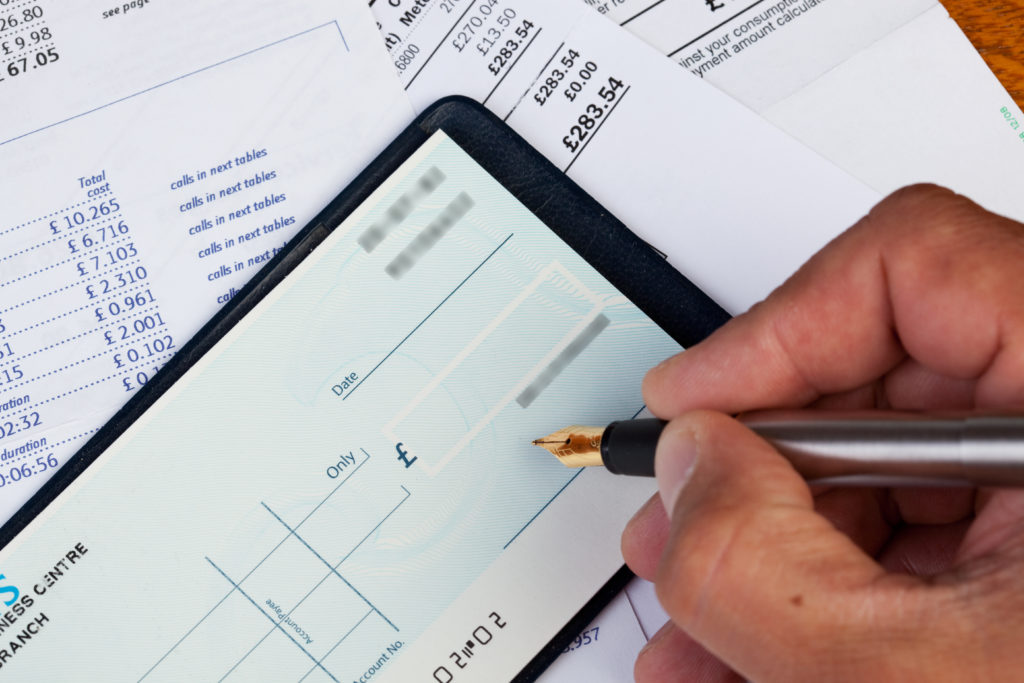The benefit cap
5 mins read
This advice applies across the UK.
The benefit cap limits the total amount of benefits that an out-of-work family can receive, but some families are exempt.
In this article
What is the benefit cap?
The (household) benefit cap limits the total amount of benefits that an out-of-work family can receive.
Some families are exempt from the benefit cap – see below.
Unless you are exempt from the benefit cap, your combined income from certain benefits is capped at a set amount. If you get more than this amount, the extra you receive is deducted from either your housing benefit or any Universal Credit payments you get. No deductions will be made from your Housing Benefit if you also have a claim for Universal Credit.
How much is the benefit cap?
At the moment, the cap is:
In London:
- £486.98 a week if you are a couple or a lone parent.
- £326.29 a week if you are a single person.
Outside London:
- £423.46 a week if you are a couple or lone parent.
- £283.71 if you are a single person.
For example, Anita and her partner live outside London. They get £358.32 per week in Universal Credit for themselves and their three children. They get a further £235 per week through the housing element of Universal Credit. And they also receive £60.55 per week Child Benefit.
This is a total of £653.87. Because their income will be £230.41 above the £423.46 cap, their Universal Credit payments will be cut by £230.41 per week.
When are families with disabled children exempt?
You’re exempt from the cap if you have a dependent child who gets DLA, PIP, Child Disability Payment or Adult Disability Payment.
If you have a disabled child but have not claimed one of these benefits, get advice about making a claim. It does not matter what rate of disability benefit your child gets. Any award at all will mean that the benefit cap does not apply to you.
Am I exempt if my disabled child is no longer my dependent?
You are only exempt if you have a “dependent” child on a qualifying disability benefit. A disabled child aged 16 or above stops counting as a dependent if either they leave education, turn 20, or claim certain benefits such as Universal Credit. This means that their parent may then lose their exemption from the benefit cap.
If your child is in residential care and looked-after by their local authority under Section 22 of the Children Act 1989, then you may also lose exemption if you are no longer considered to be responsible and do not receive the child elements of Universal Credit for them. Contact our freephone helpline for further advice about this.
However, anyone who is getting Carer’s Allowance is exempt from the cap. This will help protect some parents whose disabled child is no longer a dependent. So long as that parent gets Carer’s Allowance, they should remain exempt from the cap. You will also be exempt as a carer if you have an underlying entitlement to Carer’s Allowance. That means you have claimed Carer’s Allowance and qualify for it, but another benefit you receive blocks payments. In addition, those who get Universal Credit with a carer element are also exempt.
Contact our helpline if you are a parent of a disabled young person, receive one of these carer’s benefits, but the benefit cap affects you.
Is anyone else exempt from the cap?
You are exempt if you work, get Universal Credit, and your earnings are at least £846 in that monthly assessment period. Other groups are also exempt. This includes families where a parent gets certain disability benefits, such as the LCWRA element of Universal Credit.
Special rules in Northern Ireland mean housing benefit claimants get additional “welfare supplementary payments”. These make up any shortfall in housing benefit because of the benefit cap.
What happens if I lose my job or have to give up work?
If you get Universal Credit, and your earnings (including any partner’s earnings) drop to below £846, a nine-month grace period applies so long as you were earning above that amount in each of the preceding 12 months (or above £793 per month during the 2024-25 financial year).
The nine-month grace period also apples if you stopped work before you claimed Universal Credit, so long as your earnings had been above £846 per month in each of the preceding 12 months (or above £793 per month during the 2024-25 financial year).
For Housing Benefit, if you were working for at least 50 out of the 52 weeks immediately before you started claiming benefits, and you either lose your job or give up work through illness, you have a nine-month grace period before the cap applies to your benefit income.
You must not have been eligible for Employment and Support Allowance, Jobseeker’s Allowance or Income Support during the time you were working.
What should I do if the benefit cap affects me?
Get advice to see if you should be exempt from the benefit cap or could become exempt by changing your situation. For instance, if you have a disabled child but have not yet claimed DLA for them, getting a DLA award will result in you becoming exempt from the cap altogether.
If you cannot become exempt and are a housing benefit claimant, get advice about applying to your local authority for discretionary housing payments.
Related information

Grants, loans, savings & local authority schemes
Information about charity grants you might be able to apply for, local welfare schemes and budgeting loans/advances.
Read more
Help with household bills
There are a number of schemes and grants to help you with water, fuel and other utility bills as a result of…
Read more
Family life, work & childcare
Tips and advice on looking after you and your family's wellbeing.
Read more